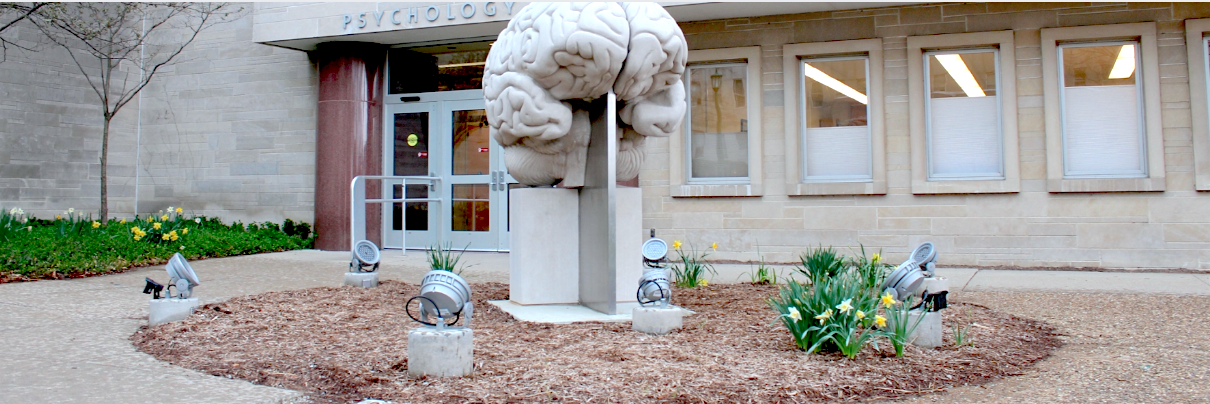Social Cognition
In one ongoing line of research, we have been investigating how we use cues in others faces and bodies to make inferences about their minds. Put simply, how do we decide whether someone is mentally sophisticated or simplistic? Perhaps surprisingly, perceivers often use quick judgments about their faces and bodies to make these judgments. For example, we have found that how we perceive others’ faces is directly linked to how we perceive their minds. It appears that triggering basic face processing mechanisms we use to differentiate human faces appear to trigger inferences that people have minds behind their eyes. Further, perceivers often unwittingly use features of others faces and bodies themselves, such as their facial structure (e.g., facial width-to-height ratio), their eye gaze, and their body and bodily movements to make inferences about whether others have sophisticated humanlike minds, or not.
Stereotyping, Prejudice, and Person Perception
In a second line of ongoing research, we have investigated how social categories, and their attendant stereotypes, prejudices, and motives, can bias or distort how we read others’ non-verbal behavior. In some of our early work, we have investigated how race and prejudice can distort how White people read anger on the faces of Black people. More recently, we have extended this work to the perceptions of Black people's bodies as well, finding that White perceivers tend to over-perceive the size of Black men's bodies, due to the race-related anxiety. Finally, we have been investigating how race and racial distorts mental representations of face-trait space, finding that more prejudiced White perceivers are more likely to use racial prototypically to infer trust from faces.
The Interface of Social Identities and Computing
FiIn a third line of research, we are applying social cognitive models of bias to people’s experience in the world, with the goal of improving people's lived experiences. For example, in collaboration with the Maurer School of Law, our recent Pew Charitable Trust report shows that “Zoom Civil Court” is more equitable and easier for civil defendants than in-person court. In other research, we’ve been investigating how to improve classes for computer designers-in-training to reduce the likelihood that they designed biased systems.


